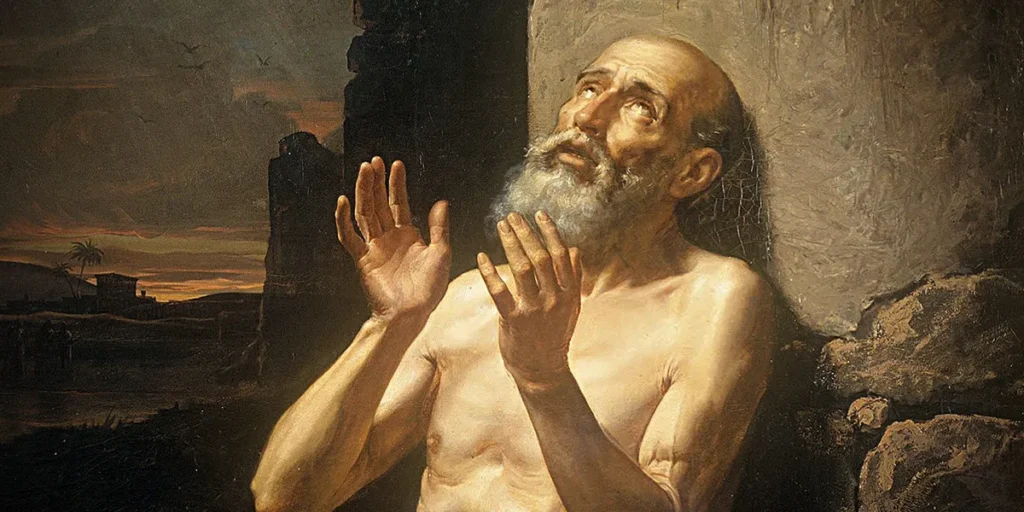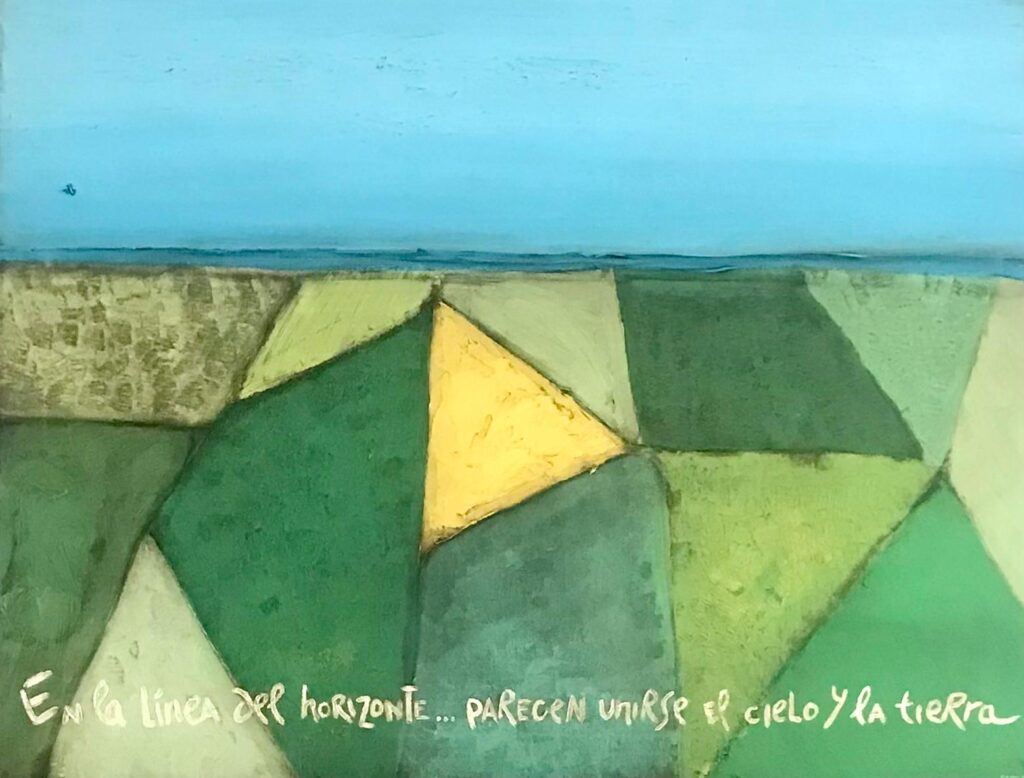The Forest of Philosophers
An accessible journey through the minds that have shaped our thinking throughout history

3Ricardo Piñero Moral says that “the History of Philosophy is like a forest: a living forest in which a constant change is perceived in its birth, in its growth (…). There are never two identical trees in the forest of philosophers” (p. 200). This is the purpose of his book El bosque de los filosofos (El buey mudo, 2024), a journey through the history of philosophy that begins with the pre-Socratics and ends with Hannah Arendt. They are brief, clear and friendly chapters dedicated to presenting the life and thought of some of the philosophers who have responded to the complex journey of human beings.
The author has managed to present, in a cordial tone, the human and intellectual profile of the thinkers summoned, all of them well-known philosophers of Western culture. There are recurring themes, sharp questions, illuminating answers and, also, disturbing visions. Without going into too much detail, our author brings to the fore Socrates, Plato, Aristotle, St. Augustine, St. Thomas Aquinas, Descartes, Hume, Kant, Nietzsche, Heidegger and Arendt. These are not boring abstractions that are read, they are investigations aimed at illuminating the world in which we live, with greater or lesser success.
The pre-Socratic Miletus reminds us that “matter and force form an indivisible unit, and this living matter leads him to say that everything is full of gods, as if he wanted to tell us that we must strive to take care of everything, to be attentive to everything, as if he were reminding us that we are privileged to inhabit a world that is overflowing with life” (p. 25). The care of nature is, as we can see, a long-standing cry. And here we are, back to business, in a more welcoming attitude towards our relationships with creation, because – as Heidegger would say – we are shepherds of being, rather than despotic owners of it.
A fascinating character is St. Augustine, a restless heart in search of the truth that fills his life, not only his intelligence. His is the expression “understand so that you can believe, believe so that you can understand”, an expression around which is articulated the encyclical Fides et ratio of St. John Paul II dedicated to showing the two wings, faith and reason, through which one reaches the depths and heights of created being and of God. His sharpness and handling of paradoxes is well known. He is a master of love and interiority, because “truth dwells in the inner man” (cfr. p. 82).
St. Thomas Aquinas, great in thought. He is nourished by created reality and from there ascends to Being in itself, to God. Aristotle comes to conceive of the unmoved mover, who moves without being moved; he is loved, but does not love. Thomas Aquinas, on the other hand, in agreement with Saint John, knows that God is Love, moreover, we find a God who creates by effusion, freely. The Word is incarnated, becomes man: he does and teaches. He sets the measure of love for us: to the point of giving his life for each one of the human beings. We are intelligence, passions and will, the essential function of the latter being freedom. Hence, “knowledge and action have their maximum expression in the intellectual virtues and in the moral virtues (p. 102). All of them dispose us to make each one of us the best version of ourselves, oriented to doing good in an attitude of respect for the nature of the human being and of creation.
Thinking about life, understanding it, that was the desire of Hannah Arendt and, probably, of many of those who walk on foot along these paths. A lifetime to understand, illuminated stretches, nebulous bends. And in this walk as in a mirror and among darkness, I am left with one of the poems of Saint John Henry Newman:
Guide me, kind Light,
amid the darkness that surrounds me.
Guide me!
The night is dark and I am far from home.
Guide me!
Guard my feet; I do not ask to see
the distant scene; one step is enough for me.
I was never like this, nor did I pray for you to guide me.
I loved to choose and see my path, but now
Guide me!
 (EN)
(EN)
 (ES)
(ES)
 (IT)
(IT)





